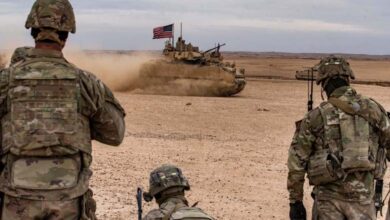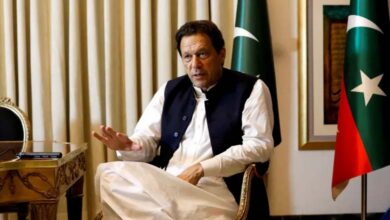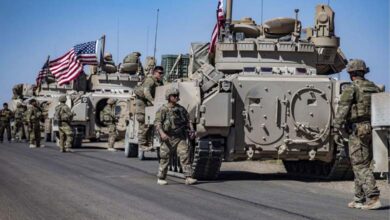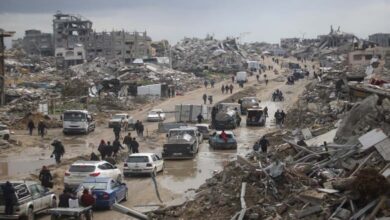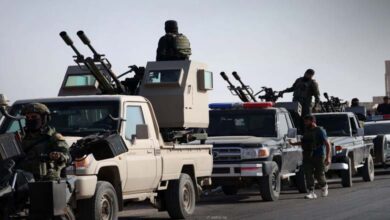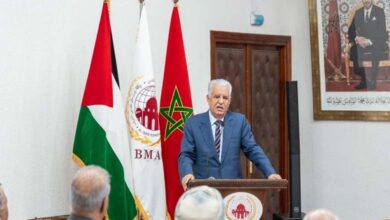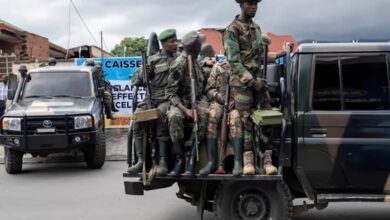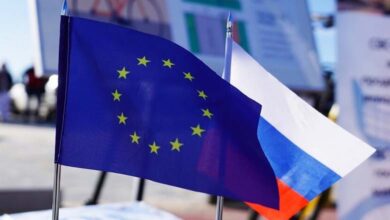Europe and the Muslim Brotherhood Battle: The Defensive Belt Expands
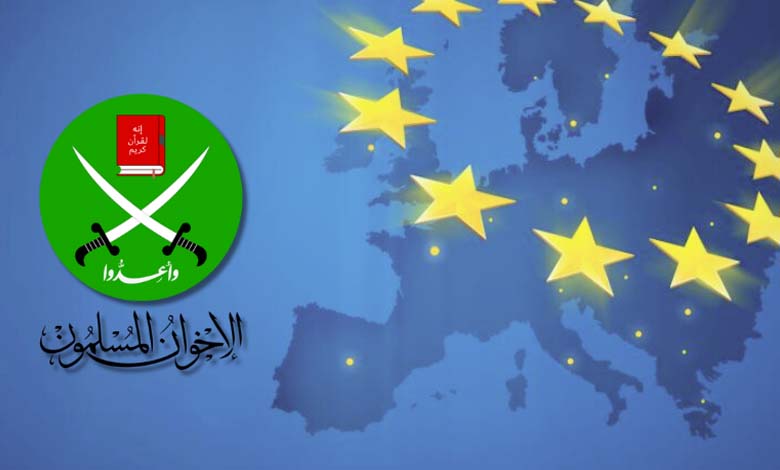
Europe is undergoing a clear shift in how it deals with the Muslim Brotherhood, as most Western governments now view the movement as an ideological threat extending beyond traditional religious preaching to encompass political and social influence.
While countries such as Austria, Germany, and France are tightening surveillance or effectively banning its activities, Ireland has recently joined the European debate over the Brotherhood’s future on the continent, amid growing parliamentary calls for an official investigation into its penetration of Irish society.
-
Muslim Brotherhood Scandal in Austria: Sleeper Agent Shakes Intelligence Service and Reopens the Infiltration File
-
The Muslim Brotherhood Has Betrayed the Egyptian Army Since the 1948 War… A Journalist Presents the Evidence
Ireland: An Early Warning Against “Silent Infiltration”
In Dublin, independent senator Sharon Keogan warned the upper house of Parliament that Ireland risked allowing the Muslim Brotherhood to “flourish unchecked and unmonitored.” She urged the government to act swiftly and launch a thorough investigation into the group’s activities.
Keogan stressed that the government’s neglect of the issue constituted “a strategic
mistake” in confronting what she described as a “silent ideological infiltration” that could undermine social cohesion in the long run.
She argued that the Brotherhood had never abandoned its core objective: building a transnational political framework aimed at resurrecting the so-called “Islamic Caliphate,” albeit through softer means—religious discourse and social engagement.
-
The Muslim Brotherhood in Italy proposes a bill to ban wearing the niqab and burqa in public places
-
Germany’s Muslim Brotherhood between delayed ban and soft confrontation: Is the European equation about to change?
The Clonskeagh Mosque Crisis: The Spark of a National Debate
Keogan’s warnings followed the closure last April of Ireland’s largest mosque, located in the Dublin suburb of Clonskeagh, amid administrative disputes and concerns about alleged ties between some of its leaders and radical religious groups.
Although the Islamic Cultural Centre of Ireland (ICCI) claimed the closure was “a precautionary security measure,” the issue quickly turned political after media reports linked the centre to individuals associated with the Muslim Brotherhood.
Keogan described the case as a microcosm of a wider struggle within European Islam—between a reformist current advocating full integration into Western societies and a political one seeking to expand the Brotherhood’s influence under the guise of religious or charitable work.
-
The Muslim Brotherhood: A Threat Requiring an International Response
-
The Brotherhood’s Double Game… Mohamed Khairallah, Muslim Brotherhood Activist or Zionist Arm?
From Dublin to Berlin and Vienna: Europe Rewrites the Rules
The Irish case is part of a broader European shift toward a firmer stance against the Muslim Brotherhood. In the United Kingdom, a 2015 government review concluded that the movement’s ideology contained “indications of extremism,” though it stopped short of a full ban.
Austria went further in 2021 by closing several Brotherhood-linked organizations and cultural centres under the “new Islam law,” which imposes strict oversight on funding sources and religious discourse. In Germany, the Federal Office for the Protection of the Constitution placed several affiliated groups under surveillance, asserting that they “aim to gradually undermine democracy from within.”
Analysts argue that this trend signals a European transition from tolerance to vigilance: the Brotherhood is no longer treated as a conservative religious current but as a political-ideological network using charitable work to build long-term social influence.
-
The Muslim Brotherhood: Diverting National Funds to Serve Secret Organizational Goals
-
The Muslim Brotherhood… the Hidden Face Within Western Democracies
A Tentacular Network
The Brotherhood—designated as a terrorist organization in several countries—relies on a vast network of institutions, cultural centres, student groups, and charities to expand its reach in Europe. These entities often operate under cultural or religious banners but serve as ideological and organizational hubs.
The movement also exploits Europe’s freedoms of religion and expression, as well as cross-border funding that is difficult to trace, to consolidate its influence among Muslim communities, particularly the youth and minority groups.
-
The Muslim Brotherhood in France: The Book “Conspirators of Evil” Shakes the Political Scene
-
Justice prevails over the Muslim Brotherhood’s influence in the Tariq Ramadan case: what’s new
Future Scenarios
Experts envision three main scenarios for the Brotherhood’s future in Europe:
- Escalation and complete prohibition: more countries, such as Ireland, may opt for a total ban, forcing the movement underground.
- Structured containment: governments may choose strict financial and administrative monitoring to curb ideological influence without banning it outright.
- Gradual disintegration: external pressure and internal divisions could fragment the movement into scattered, locally based groups, eroding its unified identity.
-
Kenya curbs the expansion of the Muslim Brotherhood: experts reveal the significance and consequences of the ban
-
A colossal budget for the Muslim Brotherhood: how much does the movement spend on its media arms?
Concluding her remarks to the Senate, Senator Keogan warned, “We cannot afford to be naïve. The safety and cohesion of our Republic depend on recognizing the reality of this influence and confronting it before it becomes a silent threat to our national identity.”
As Ireland’s position hardens within an increasingly tense European atmosphere, the Muslim Brotherhood faces a redefinition of its role on the continent—torn between open confrontation and reluctant adaptation to an environment that is closing in tighter than ever.


